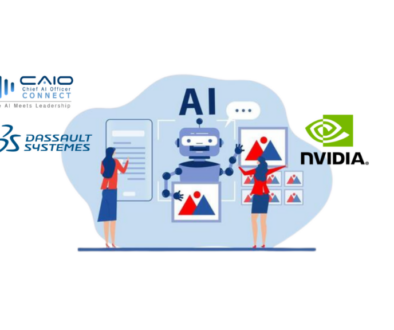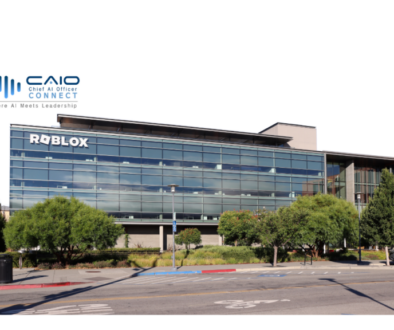Honda is making significant strides in transforming its manufacturing processes by integrating robotics and artificial intelligence (AI). This strategic move aims to enhance efficiency, reduce operational costs, and elevate product quality, positioning Honda at the forefront of automotive innovation.
Robotic Advancements in Production
In its new electric vehicle (EV) factory in China, Honda has implemented advanced robotics to automate tasks such as welding and assembly. This automation has led to a 30% reduction in the workforce required compared to traditional manufacturing facilities. Automated guided vehicles (AGVs) are employed to transport heavy components like battery packs throughout the factory, streamlining operations and minimizing manual labor.
Artificial Intelligence Driving Innovation
Honda is leveraging AI to refine its manufacturing processes further. The company’s proprietary AI framework, Cooperative Intelligence (CI), facilitates seamless interaction between humans and machines. CI-powered systems can anticipate driver maneuvers and pedestrian actions in complex traffic scenarios, enhancing safety and promoting harmonious interactions between human-operated and autonomous vehicles.
Balancing Automation and Human Expertise
While the benefits of automation are substantial, Honda recognizes the irreplaceable value of human judgment and dexterity in certain manufacturing areas, such as final assembly. The company is committed to maintaining a balance between automation and human involvement to ensure optimal productivity and uphold high product quality standards.
Looking Ahead
As Honda continues to integrate robotics and AI into its manufacturing processes, it sets a precedent for the automotive industry’s future. By focusing on innovation, efficiency, and sustainability, Honda is well-equipped to meet evolving customer needs and maintain a competitive edge in the market.



